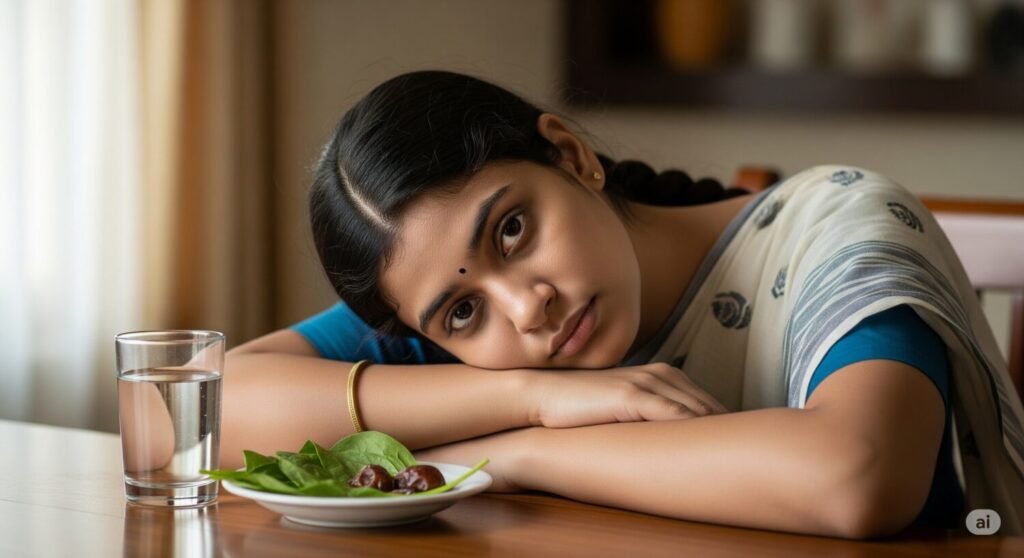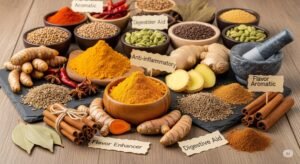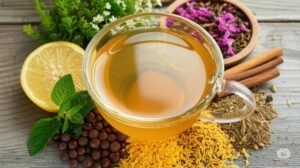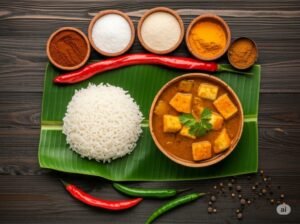The Silent Struggle: Anemia in Indian Women
Anemia, a condition marked by a deficiency in healthy red blood cells, is a widespread health concern globally. However, it disproportionately affects women in India, presenting a significant public health challenge. This isn’t just about feeling a bit tired; furthermore, chronic anemia can lead to severe health complications, impacting daily life, productivity, and overall well-being. Understanding the underlying reasons is crucial for effective prevention and management.
Dietary Deficiencies and Cultural Practices
One primary factor contributing to higher rates of anemia among Indian women is dietary inadequacy. Many traditional Indian diets, while rich in carbohydrates, often lack sufficient iron-rich foods, particularly bioavailable iron found in animal products. Moreover, a significant portion of the population follows vegetarian or vegan diets, which can make it harder to meet iron requirements without careful planning. Additionally, certain cultural practices, such as food taboos during pregnancy or menstruation, can further restrict the intake of essential nutrients. For instance, sometimes pregnant women might avoid certain fruits or vegetables believed to be “cold” or “hot,” inadvertently missing out on vital vitamins.
Reproductive Health and Blood Loss
The unique reproductive lifecycle of women also plays a significant role. Menstruation, pregnancy, and childbirth are natural processes that involve blood loss, increasing the body’s iron demands. In India, factors like early marriage and frequent pregnancies, often in close succession, put immense strain on a woman’s iron reserves. Therefore, the body gets insufficient time to replenish lost iron between pregnancies. Furthermore, inadequate spacing between births can lead to a cumulative deficit, making women more susceptible to severe anemia.
Poor Absorption and Public Health Challenges
Even when iron is consumed, absorption can be hindered by various factors. The presence of phytates in cereals and legumes, common in Indian diets, can inhibit iron absorption. Conversely, vitamin C enhances iron absorption; however, its intake might not always be sufficient. Furthermore, parasitic infections, particularly hookworm infestations, are still prevalent in some regions, leading to chronic blood loss and exacerbating anemia. Public health challenges, including limited access to healthcare, lack of awareness about nutrition, and socioeconomic disparities, further compound the problem, making it difficult for many women to access proper diagnosis and treatment.
Strategies for Prevention and Management
Preventing anemia in Indian women requires a multi-faceted approach, addressing both dietary and systemic issues. Here are some key strategies:
- Dietary Diversification: Encourage the consumption of iron-rich foods, including lentils, dark leafy greens (like spinach), jaggery, and fortified foods. Pairing these with Vitamin C-rich sources like citrus fruits or guavas can significantly improve iron absorption.
- Supplementation Programs: Implement widespread iron and folic acid supplementation programs, especially for adolescent girls, pregnant women, and lactating mothers. Regular monitoring is essential to ensure compliance and effectiveness.
- Improved Sanitation and Hygiene: Promoting better sanitation practices can reduce the incidence of parasitic infections, thereby indirectly lowering the risk of anemia.
- Health Education and Awareness: Educate women and their families about the importance of nutrition, family planning, and the signs and symptoms of anemia. Dispelling myths and misconceptions about food can be particularly impactful.
- Delayed Marriages and Spaced Pregnancies: Advocating for later marriage and encouraging adequate spacing between pregnancies can allow a woman’s body sufficient time to recover and rebuild iron stores.
By implementing these comprehensive measures, we can work towards a healthier future for Indian women, empowering them to overcome the silent struggle of anemia.












